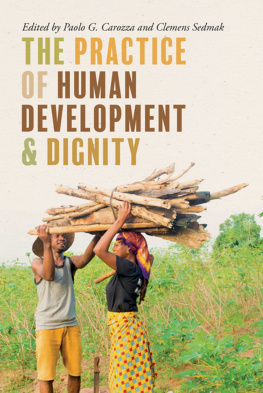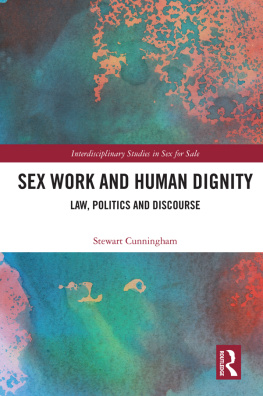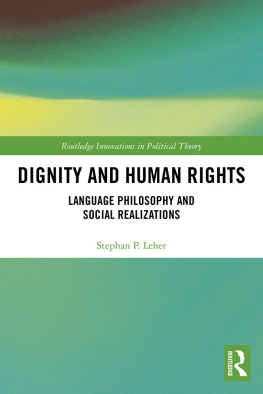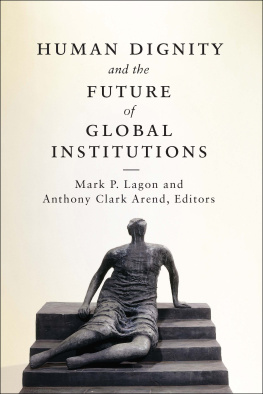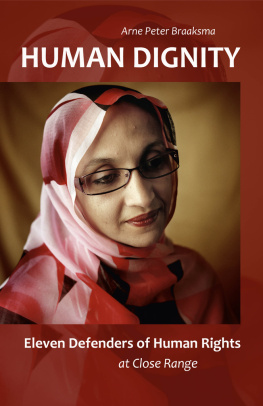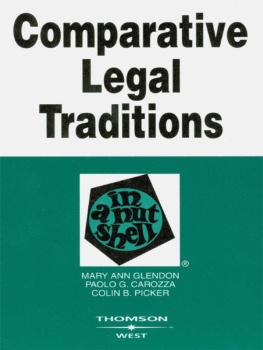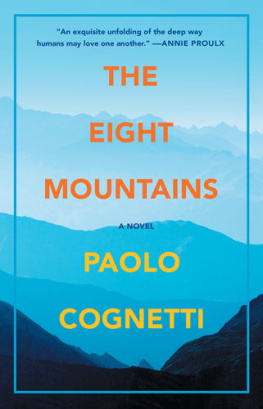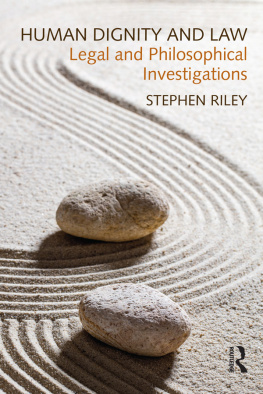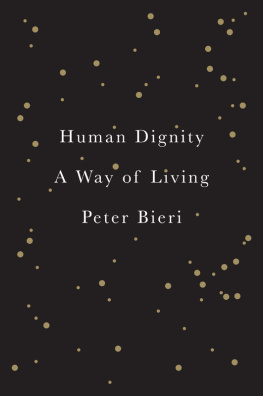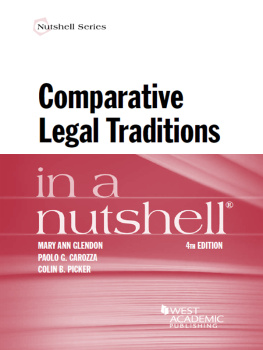RECENT TITLES FROM THE HELEN KELLOGG INSTITUTE SERIES ON DEMOCRACY AND DEVELOPMENT
Paolo G. Carozza and Anbal Prez-Lian, series editors
The University of Notre Dame Press gratefully thanks the Helen Kellogg Institute for International Studies for its support in the publication of titles in this series.
Brian Wampler
Activating Democracy in Brazil: Popular Participation, Social Justice, and Interlocking Institutions (2015)
J. Ricardo Tranjan
Participatory Democracy in Brazil: Socioeconomic and Political Origins (2016)
Tracy Beck Fenwick
Avoiding Governors: Federalism, Democracy, and Poverty Alleviation in Brazil and Argentina (2016)
Alexander Wilde
Religious Responses to Violence: Human Rights in Latin America Past and Present (2016)
Pedro Meira Monteiro
The Other Roots: Wandering Origins in Roots of Brazil and the Impasses of Modernity in Ibero-America (2017)
John Aerni-Flessner
Dreams for Lesotho: Independence, Foreign Assistance, and Development (2018)
Roxana Barbulescu
Migrant Integration in a Changing Europe: Migrants, European Citizens, and Co-ethnics in Italy and Spain (2019)
Matthew C. Ingram and Diana Kapiszewski, eds.
Beyond High Courts: The Justice Complex in Latin America (2019)
Kenneth P. Serbin
From Revolution to Power in Brazil: How Radical Leftists Embraced Capitalism and Struggled with Leadership (2019)
Manuel Baln and Franoise Montambeault, eds.
Legacies of the Left Turn in Latin America: The Promise of Inclusive Citizenship (2020)
Ligia De Jess Castaldi
Abortion in Latin America and the Caribbean: The Legal Impact of the American Convention on Human Rights (2020)
Amber R. Reed
Nostalgia after Apartheid: Disillusionment, Youth, and Democracy in the South Africa (2020)
For a complete list of titles from the Helen Kellogg Institute for International Studies, see .
THE PRACTICE OF
HUMAN DEVELOPMENT
AND DIGNITY
EDITED BY
PAOLO G. CAROZZA
AND CLEMENS SEDMAK
University of Notre Dame Press
Notre Dame, Indiana
Copyright 2020 by the University of Notre Dame
University of Notre Dame Press
Notre Dame, Indiana 46556
All Rights Reserved
Published in the United States of America
Library of Congress Control Number: 2020947033
ISBN: 978-0-268-10869-4 (Hardback)
ISBN: 978-0-268-10872-4 (WebPDF)
ISBN: 978-0-268-10871-7 (Epub)
This e-Book was converted from the original source file by a third-party vendor. Readers who notice any formatting, textual, or readability issues are encouraged to contact the publisher at
CONTENTS
FIGURES AND TABLES
FIGURES
TABLES
ACKNOWLEDGMENTS
Special recognition is due above all to Elizabeth Hlabse for all her work in coordinating this project; without her help it is unlikely that the book would have come to fruition. We also thank Paula Mulherr for her support, along with the many outstanding staff persons at the Kellogg Institute for International Studies who contributed to the three successful international gatherings on dignity and development, in Rome and in South Bend, Indiana, that led to this volume. We are grateful for all the discussions with colleagues at the Kellogg Institute and the Center for Social Concerns, which helped clarify and develop the ideas explored in this book. Among them we would like to acknowledge especially Fr. Robert Dowd, CSC, and the Ford Family Program in Human Development Studies and Solidarity for providing a platform from which to engage in dignity-based development work and research.
We dedicate this volume to our families, through whom we have learned far more about the enactment of human dignity in practice than we could ever learn from books.
INTRODUCTION
Human Dignity and the Practice
of Human Development
Paolo G. Carozza and Clemens Sedmak
In the process of drawing up and adopting the Sustainable Development Goals (SDGs) in 2015, the United Nations secretary generals synthesis report endorsed human dignity as one of the six essential elements for delivering on the SDGs and appealed even in its title to the central ideal of dignity in the new development agenda. But what exactly does human dignity have to do with, for example, the first SDG and its ambition to eliminate poverty in all of its forms everywhere? In fact, it is possible to reduce poverty in ways that simultaneously violate peoples dignityfor instance, by allowing the grave abuse of human rights. Resettlement strategies that displace thousands of people and destroy rural communities come to mind. Efficiency in the production and distribution of material resources is not enough.
In his well-known radio talk Education after Auschwitz, Jewish philosopher Theodor Adorno talks about the role of efficiency in the postwar world. He characterizes the manipulative character as a person who makes a cult of action, activity, of so-called efficiency as such which reappears in the advertising image of the active person. And he continues by saying: If I had to reduce this type of manipulative character to a formulaperhaps one should not do it, but it could also contribute to understandingthen I would call it the type of reified consciousness. People of such a nature have, as it were, assimilated themselves to things. Adornos remarks from April 1966 warn against a prevalence of a paradigm of agency that places efficiency at the center and encourages the development and employment of persons eager and able to enact this value. Enacting efficiency calls for a manipulative character who concentrates on fixing and transforming the world of things.
Obviously, transforming the world of things is a much-needed aspect of development work. We need wells and roads and communication tools and proper systems of production. But this is clearly not enough. Broadening the material things of development beyond economic growth to more human dimensionssay, through the Human Development Index or concepts of multidimensional povertycan serve to remind us that a person does not live by bread alone. Even realizing the multitude of quantifiable aspects (e.g., employment rates, literacy rates, mortality rates) will not automatically lead to a more humane society.
What is missing in practices that accelerate economic performance and realize strategies of efficiency but cause people to lose their homes and treasured forms of life? One could argue that development work that is primarily focused on the efficiency of systems without attention to the human person suffers from blindness to the human aspect, as Avishai Margalit called it. It suffers from a distorted way of thinking that reduces human beings to objects. And then, what is missing is respect for, understanding of, and sensitivity to human dignity.
Development work done without sensitivity to human dignity is blind, and an understanding of human dignity without attention to human experiences and practices is empty. This is to say that development work can be blind to the human aspect and treat people as if they were objects, without a proper understanding of their dignity. The concept of dignity, in turn, can be abstracted from concrete life situations and experiences and can thus lose credibility and impact. We need to work toward a sincere dialogue between the experience of people and the concept of human dignity in development work. Dignity opens development to an awareness of those often-unidentified factors that are at play within development but make for the sustainability or unsustainability of the efforts. Dignity is a lens to a more integrated way of understanding and pursuing development. These are the fundamental concerns of this book.

